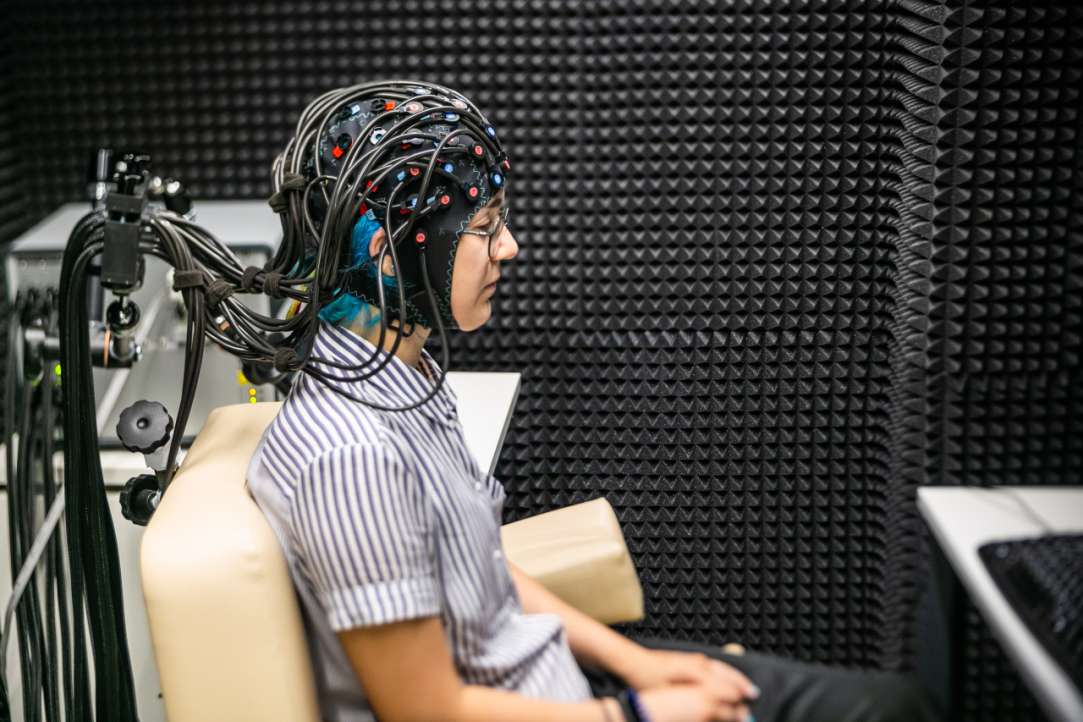
Doctor's Consultation in Russia Doesn’t Depend on Family Income and Is Available to Everyone
HSE University economists have found that more than 60% of Russians rely on self-treatment instead of visiting a doctor, something which is facilitated by the easy availability of medicines in Russian pharmacies. This is especially typical for mild illnesses. Buying medicines depends on income, and quite often people replace expensive medicines with cheaper ones. The article was published in the International Journal of Health Economics and Management.

HSE Researchers Examine Wellbeing of Russian Social Media Users and Rank Public Holidays by Popularity
Researchers of the HSE Graduate School of Business trained a machine-learning (ML) model to infer users' subjective wellbeing from social media posts. Having processed 10 million tweets, the researchers compiled a rating of holidays celebrated in Russia based on their popularity. The New Year tops the list, but Russian-speaking users of Twitter are also happy to celebrate Defender of the Fatherland Day, International Women's Day, and Halloween. The study findings have been published in PeerJ Computer Science.

Good Deeds Bring Moral Satisfaction to Russians
Researchers from HSE University have analysed why people feel happier when they help others. It turns out that joy is caused by different reasons, depending on who we help — relatives or strangers. In both cases, happiness brings moral satisfaction from doing a good deed, but helping loved ones is also associated with satisfying the need for belonging and acceptance, while helping strangers provides a sense of autonomy. The results of the research were published in the Journal of Social and Personal Relationships.

Student Esports in Russia: The Growing Popularity and Prospects of Phygital Sports
HSE University experts have found that 75.3% of male students play competitive online games at least several times a month. Among women, this hobby is much less common: only 20.2% of female students are interested in online games. The HSE News Service covers the results of an expert and analytical report, released by HSE specialists, on the development of student esports in Russian universities.

New Technologies for Preserving Brain Functions: ‘Not Magic, but Normal Engineering’
New methods of brain mapping will make it easier to identify the cortex areas responsible for speech functions and to perform operations on the brain, as well as reduce the likelihood of damage to important areas. In addition, this will allow for more frequent use of non-invasive methods for restoring speech and other functions lost due to injuries and illnesses.

The World at Your Fingertips
HSE University scientists have created a model for decoding finger movements for next-generation hand prostheses. This will allow users not only to grab objects, but also to gesticulate using the movements of each finger.

Russian Radio Astronomers Discover a Method for Predicting Solar Flares
Researchers from HSE in Nizhny Novgorod and the Pulkovo Astronomical Observatory (CAO RAS) examined data on microwave emissions from several active solar regions. Astronomers discovered that a few hours prior to a flare, there was an increase in oscillations in the region with the highest observed brightness of the microwave emission during the flare. This method can potentially be used to achieve more accurate predictions of severe solar flares. The study has been published in Geomagnetism and Aeronomy.

Memory Diagnostics: IT Solutions for Mental Health
High-level technology is becoming an integral part of healthcare, and no field of medicine can work without a computer. HSE University scientists have developed a multilingual tablet application ‘Rey Test’ — the first fully automated and effective tool for diagnosing auditory and verbal memory disorders.

Teaching Masters' Students and Conducting Lectures in English Boost Academic Productivity
HSE researchers have analysed teaching load data at the HSE campus in St Petersburg to investigate the potential impact of teaching on faculty research output. They found that factors such as teaching primarily masters' courses, conducting 20% of lectures in English, and supervising only one doctoral student per year were associated with a greater likelihood of producing more high-quality academic papers. The study has been published in Higher Education Quarterly.

Stimulating the Blood-Brain Barrier Can Help Patients with Alzheimer's
Researchers at HSE University and the Russian Academy of Sciences Institute of Molecular Biology have proposed investigating the response of the blood-brain barrier (BBB), the brain's natural filter that becomes disrupted by the disease, to transcranial brain stimulation. Understanding how the BBB changes during stimulation can, in theory, enhance treatment by facilitating more effective delivery of medications to the brain in the early stages of the disease, and by providing therapeutic support for brain function in the latter stages. The study has been published in Communications Biology.

